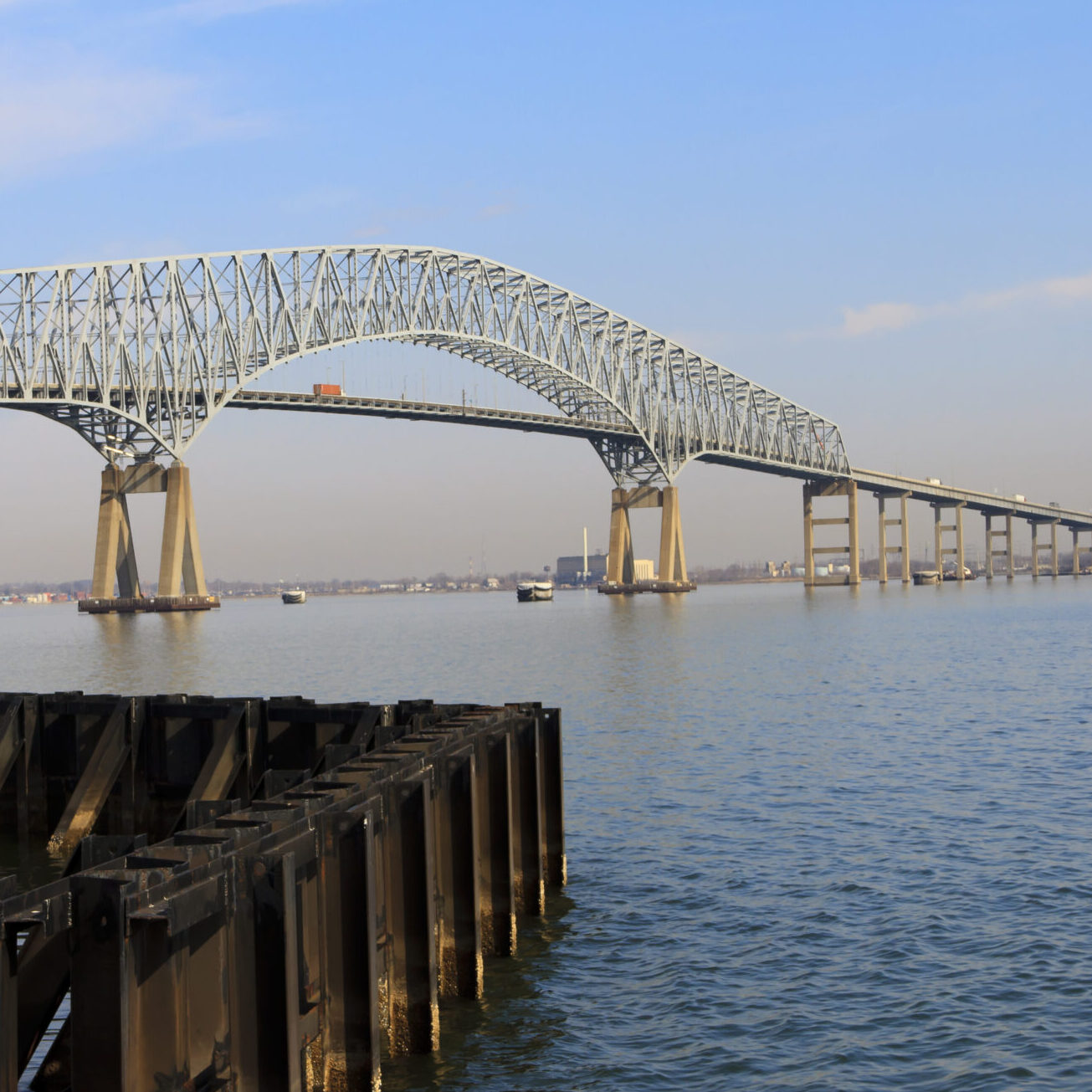
Florida’s Tort Reform and its Impact on Subrogation
Overview | Blog Posts | Subrogation & Recovery | Matthew Peaire | Related | Print | Share
March 24, 2023
HB 837 was introduced to the Florida House of Representatives on February 15, 2023. The bill went quickly through the House of Representatives and Senate and was signed into law on March 24, 2023, by Governor Ron DeSantis. The bill was 39 pages long and addressed many aspects relating to Tort and Insurance related litigation. From a subrogation perspective, the bill will have two significant impacts on subrogation litigation in the state of Florida.
First, HB 837 has shortened the statute of limitations for negligence actions from 4 years to 2 years. The amendment to Florida’s Statute of Limitations (95.11 FSA) applies to causes of action accruing after the effective date of the law. Other than the obvious fact that lawsuits now must be filed two years sooner for negligence actions, one impact this amendment may have on subrogation litigation is that it may require lawsuits to be filed before the underlying adjustment of the claim is finalized. There are other states that have short negligence statutes of limitations (for example Louisiana 1 year or Texas 2 years), so shortened tort statutes of limitations are not unique. However, all attorneys who handle subrogation matters in Florida will now need to be aware of this change and the impacts that it may have on filing suit on a matter that has not been fully adjusted.
Second, the bill changes Florida’s comparative negligence standard from “pure comparative negligence” to a “modified comparative negligence” standard. Previously, in Florida, in a negligence action, a Plaintiff’s recovery is reduced by their percentage of fault. HB 837 now reads “In a negligence action to which this section applies, any party found to be greater than 50 percent at fault for his or her own harm may not recover any damages.” This in effect shifts Florida from a pure to a modified comparative fault standard. While the insured’s potential comparative fault was something the subrogation attorney/professional would always analyze, Florida subrogation handlers must now analyze whether the comparative fault is more than fifty percent of the cause of the event such that it now bars any recovery.
In the coming weeks/months, there will be much written by individuals for and against these changes. For subrogation professionals, it is important that you are aware of the changes as they will impact the pursuant of negligence actions going forward.
For any further questions, please contact Matthew Peaire.



